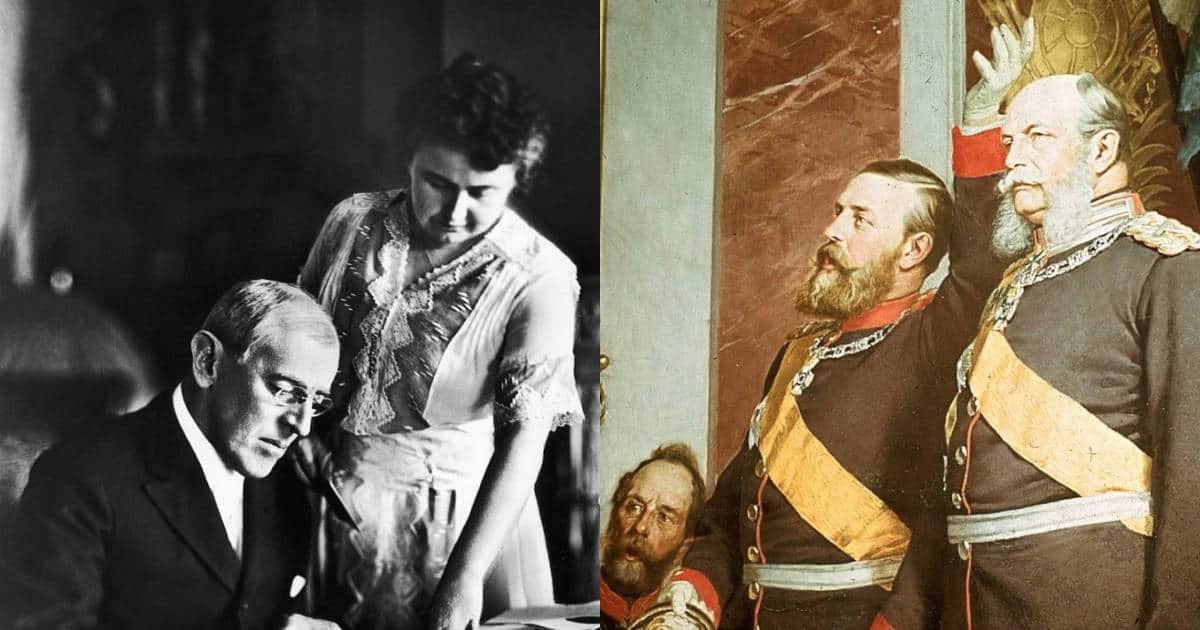History has been made by kings, queens, presidents and dictators. It’s those people in positions of power – earned or not – whose names have been written in the history books, for better or worse. But, sometimes, it’s not always those who appear to be in control who are really pulling the strings. Sometimes there’s another ‘power behind the throne’. In fact, over the millennia there have been numerous notable instances of a close adviser, military general, spouse or even lover of a ruler, exerting considerable influence and changing the course of history.
Sometimes such interference can be justified. And sometimes it was helpful. At other times, however, the opposite is the case. Power being exerted and wielded ‘behind the throne’ can be undemocratic and dangerous. These following examples of the most noteworthy cases of this phenomenon are a mixture of the two. And some might even make you question what you thought you knew about history…

1. Otto von Bismarck was the most powerful statesman in all of Europe, even more so than the Kaiser whose orders he was supposed to obey
As the King of Prussia and then as the first Kaiser (or Emperor) of Germany, Wilhelm I was, in theory, all-powerful. Even under the new Constitution which united the different German states to form one large and powerful country, he held considerable sway. But far from making full use of his hereditary – and, some believed, God-given – powers, he left most major decisions to his Chancellor, Otto von Bismarck. And so, while Wilhelm I is largely remembered as a good-natured, quiet man, Bismarck is widely regarded as one of the most powerful and influential statesmen of all time. He truly was the real power behind the German throne.
Born into significant wealth in April 1815, Otto von Bismarck enjoyed a privileged upbringing. After a time in the military, he entered politics. A strict conservative, he began to dominate Prussia, the largest and richest of all the German states, by the beginning of the 1860s. In 1862, Wilhelm I appointed him Minister President of Prussia. Though technically answerable to his king, Bismarck almost always got his way. Indeed, it was Bismarck, not Wilhelm, who was credited with securing victory over France in the 1871 Franco-Prussian War. He also then took the credit for uniting the German states and creating one, powerful country on the back of the military success.
Wilhelm had wanted to be named the Kaiser of all Germany. His wife and heirs agreed. Bismarck did not, fearing it would antagonize some of the states. In the end, Bismarck got his way. In fact, he almost always got his way. Almost from the moment of unification, Wilhelm contented himself with being a figurehead rather than a true leader. This was very much in keeping with the pair’s personalities: in contrast to Wilhelm, Bismarck was strong-willed, overbearing, outspoken and prone to violent rages. He also had complete belief in his own abilities, unlike the self-doubting Wilhelm.
In the end, it was the Kaiser’s son, Wilhelm II, a far more confident man than his father, who removed Bismarck from office in 1890. The elder statesman was 75. By that point, Bismarck had fought with the French over the annexation of Alsace and Lorraine – a dispute that would boil over and be a leading factor in the outbreak of the First World War.

